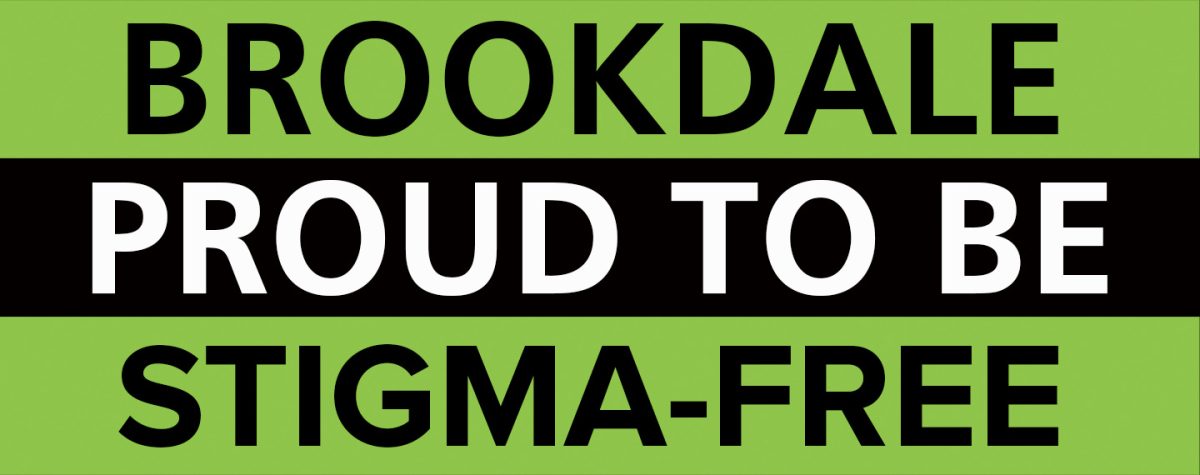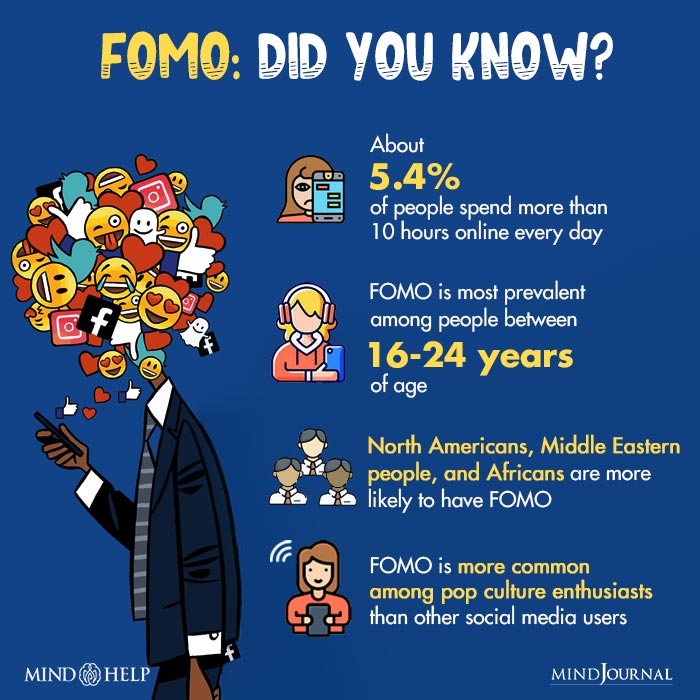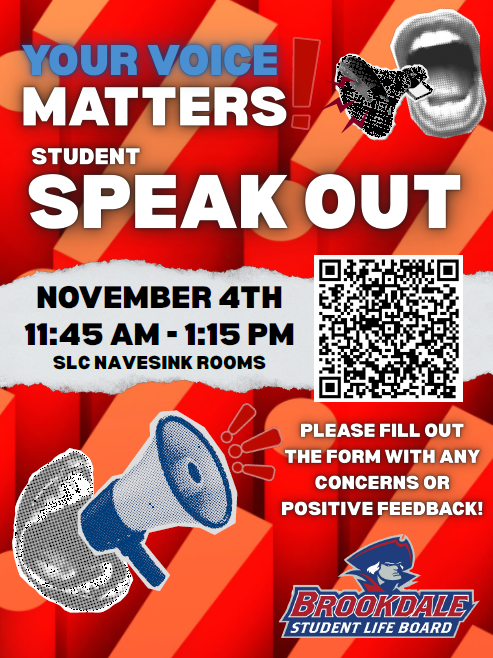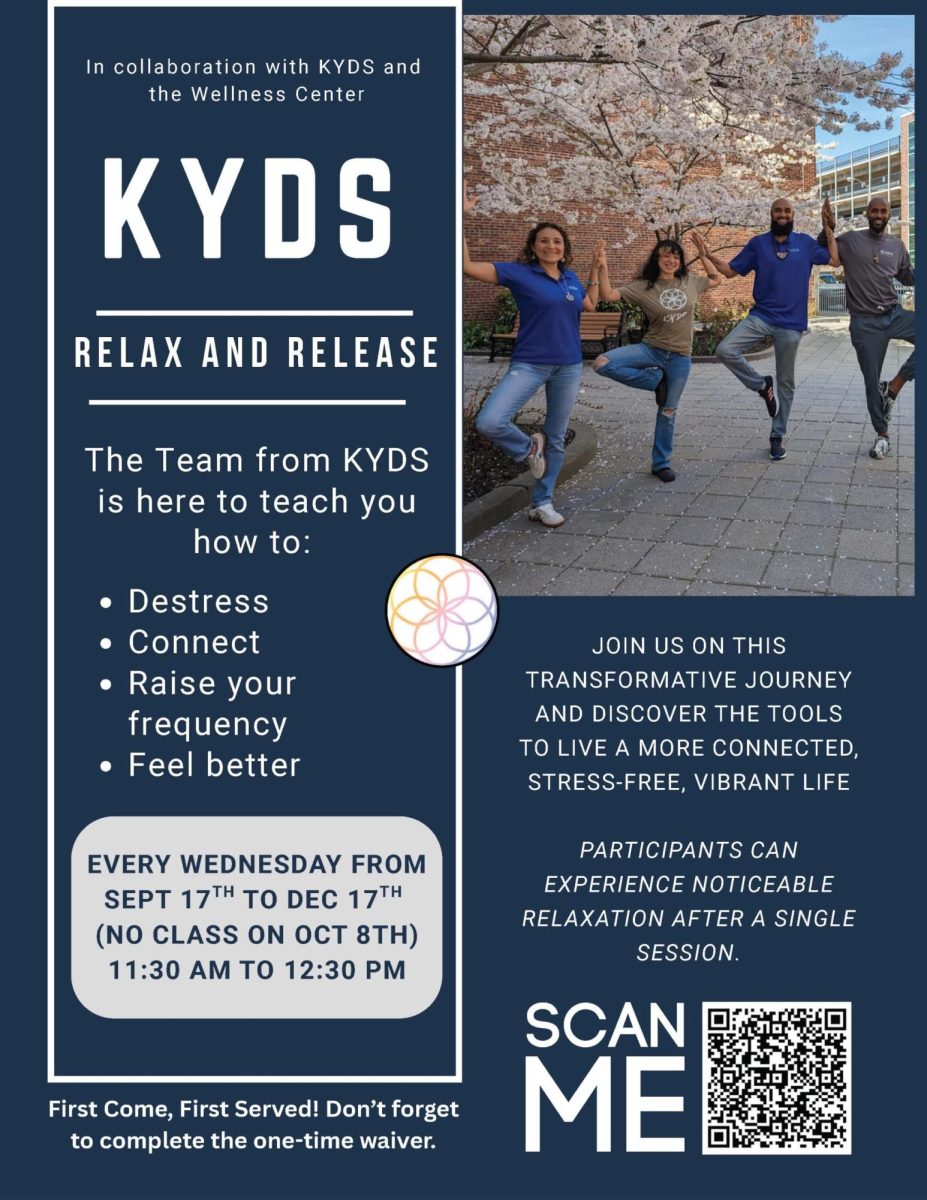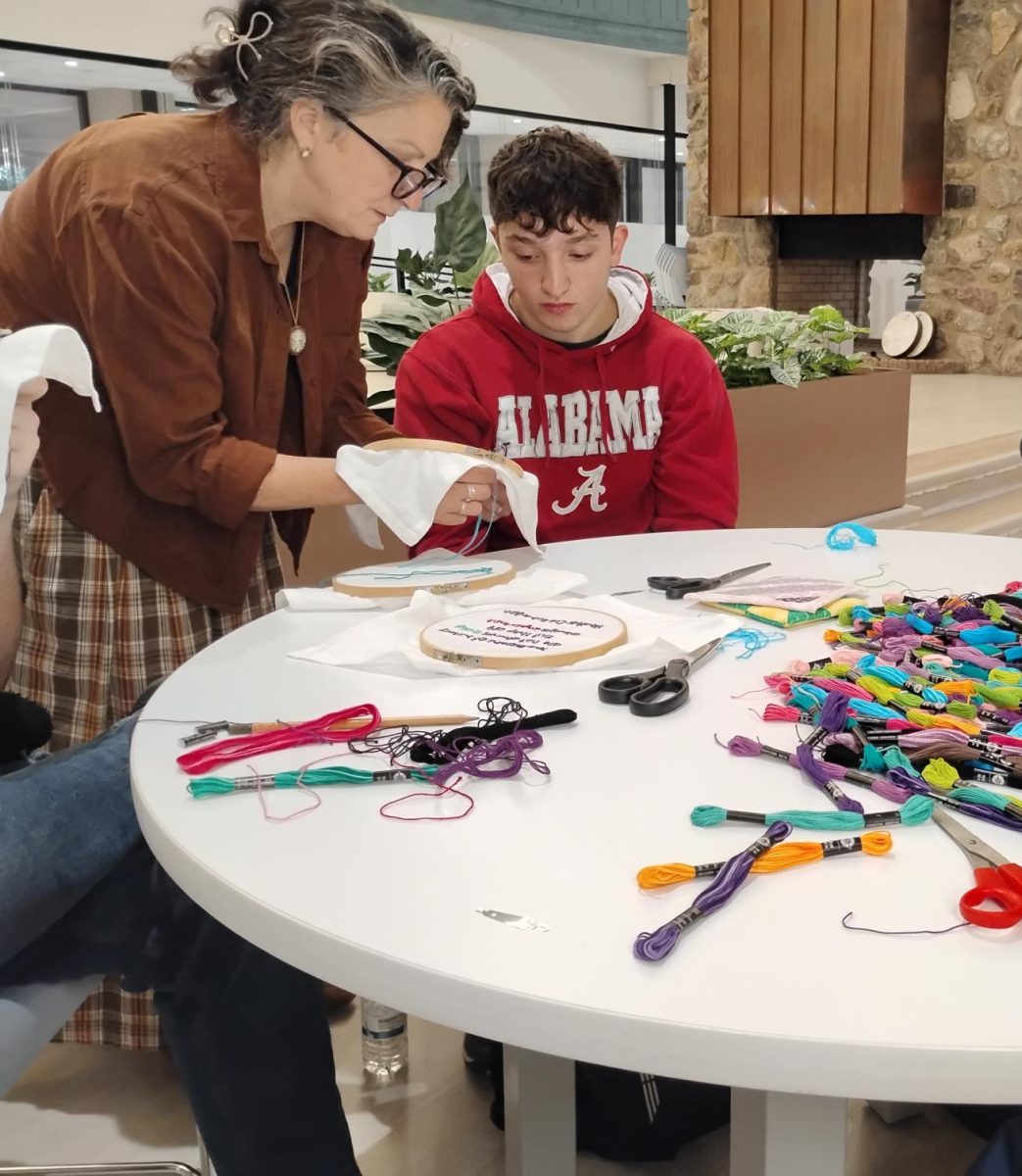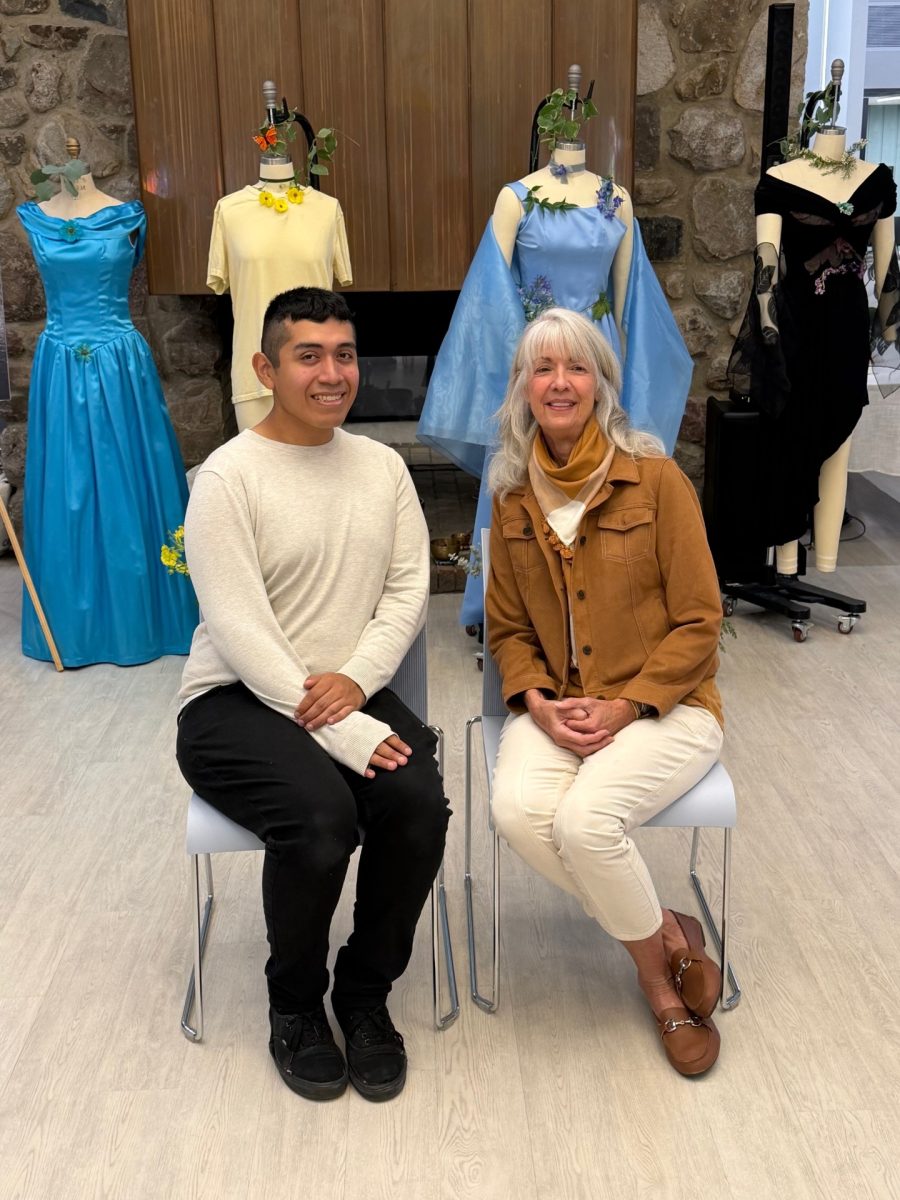Speaker Discusses Adverse Childhood Experiences with Psych Club
April 21, 2021
“Mrs. Duncan instilled in me a sense of believing that I mattered and that is what every human being is looking for,” said Oprah Winfrey in a “Sixty Minutes” Correspondent Candid interview in 2018. Winfrey referred to her fourth-grade teacher, who she credits with being the first person to set her on a path out of the effects of Adverse Childhood Experiences (ACEs).
Winfrey has spoken extensively about her childhood of poverty, violence, neglect and abuse, but when she reported on ACEs for 60 Minutes, she said the information “caused a revolution in her life.”
On April 8, the Psychology and Human Services Club held the second in a monthly speaker series on the topic of ACEs and Trauma Informed Care. The speaker, Kaitlin McCarthy, assistant director at Prevention First, a mental health organization for children and families in West Long Branch, defined ACEs as abuse, neglect or household dysfunction experienced from birth through age 17. To assess an individual’s ACEs level, a questionnaire is completed. A higher score means more ACE exposures, which often lead to negative outcomes in adulthood.
A large Centers for Disease Control (CDC)-Kaiser Permanente study found that ACEs lead to worse outcomes in education, employment and health. “Obesity, suicide attempts, smoking, alcoholism, addiction and lower high school graduation rates are just some of the negative adult outcomes correlated to ACE’s,” McCarthy said.
McCarthy trains community members how to identify children affected by ACEs and how to help them. “The key is love and connection,” said McCarthy. Winfrey said, “Instead of asking ‘What’s wrong with you?’ ask ‘What happened to you? It (learning about ACEs) has changed the way I see everyone.”
McCarthy looks at ACE’s with an individual lens and with a community lens. Some communities are more susceptible. Risk factors that contribute to a community where ACEs are prevalent include high rates of crime, violence, poverty and unemployment, easy access to drugs, and few community activities for young people.
“Stress affects brain development,” McCarthy said. “It’s inevitable that kids who grow up under constant stress will exhibit those effects. We can make changes in homes and communities to help kids.”


